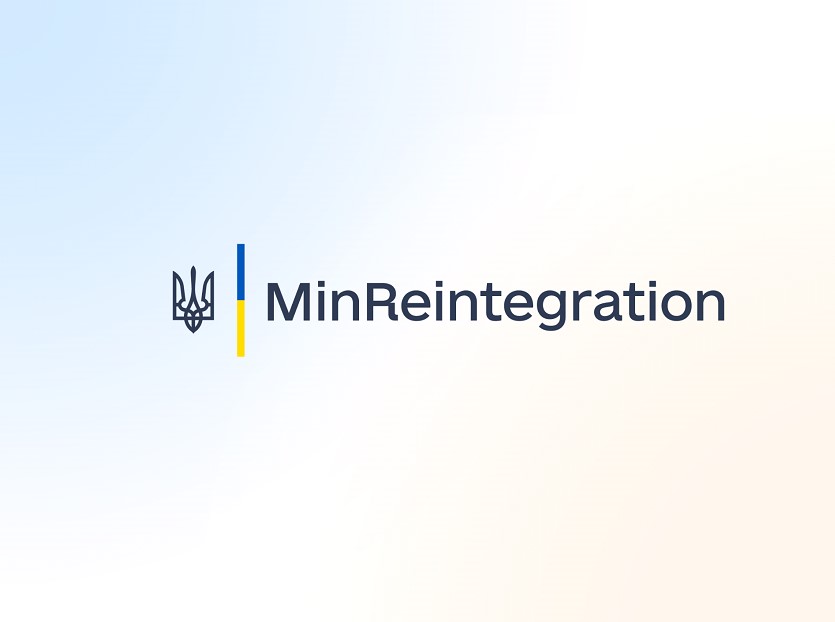
The issue of reintegrating veterans into civilian life and the workforce is becoming increasingly pertinent. Following their combat operations experience, many veterans seek to change their field of activity and pursue new career opportunities.
The Barrier-Free Handbook, a guide to a new ethic of communication created as part of an initiative by First Lady Olena Zelenska, includes advice for employers on how to ensure the conditions for the successful integration of veterans.
Veterans have many useful skills for civilian life. These include working in teams, adapting to crises, using technology, managing people, making complex decisions, etc.
Veterans are great employees because they’re good at what they do and they know how to lead a team.
Veterans may have a tough time when integrating back into civilian life.
– Psychological experiences like increased anxiety, sleep problems, apathy, and irritability.
– Physical injuries or disabilities that require barrier-free space.
– Some employers might have negative attitudes about PTSD and other mental health issues.
If you want to make sure your veterans are successful in their new roles, it’s important to consider a few key things.
- Flexible work schedule: Give the veteran a flexible work schedule for the first three months after they come back so they can adjust.
- Psychological support: Set up a program with a specialist who knows how to help with combat trauma. Also, get a support service going.
- Assign a mentor: It’d be great to have a mentor, ideally someone with military experience.
- Training for the team: Training on conflict avoidance and how to handle stress.
- Reintegration program: This includes things like an interview policy, support, and adapting the workspace.
- Refresher training: It’d be a good idea to organize training for veterans to update their professional skills and learn new things.
Companies can also put on events to honor veterans who’ve come back and to remember those who didn’t make it back. This will make the company look better to veterans and get them to think more positively about the company.
It’s important to have regular interviews with veterans, but it’s also useful to ask about their combat experience. It’s also worth working on identifying their career plans to find joint solutions.
This approach will help the company grow while also helping veterans find their place in civilian life.

